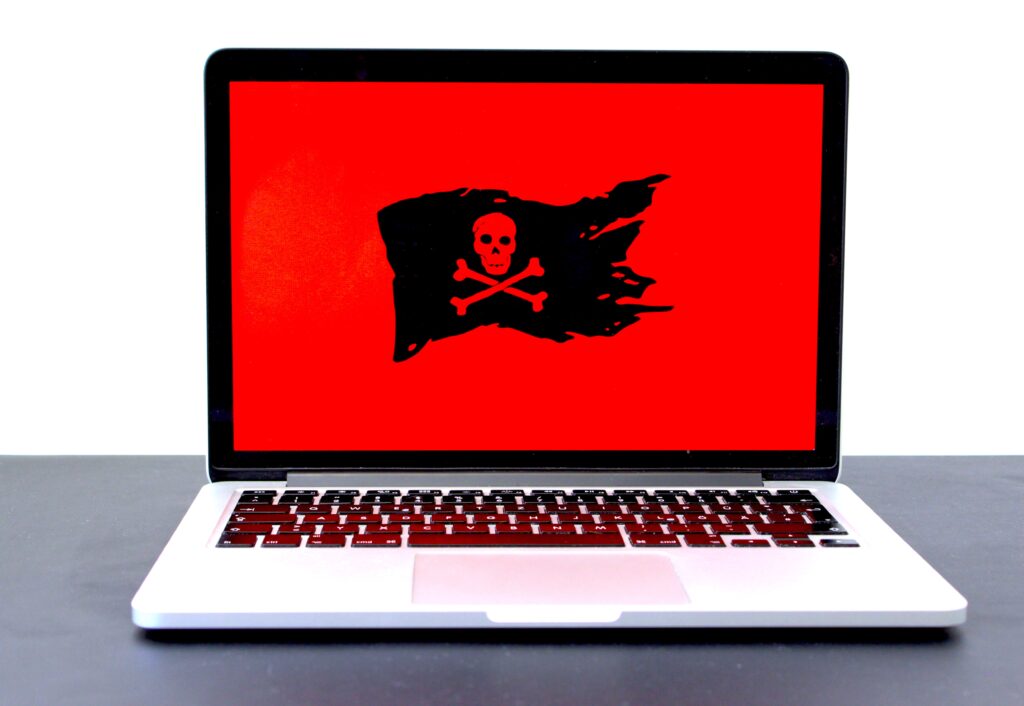
November 3rd 2020
Switching to more online and digital working in response to Covid-19 has led to greater risks of cybercrime. The City of London police revealed that it saw an increase of almost 72% in reported cybercrime and ransomware attacks in the first month of lockdown alone. To help care providers, we are focussing this month on sharing more information on cyber security and what you can do to minimise risks.
In October alone, charities reported £3.6 million in total losses due to fraud or cybercrime since March and the American healthcare system is being targeted by ransomware attacks. The National Cyber Security Centre (NCSC) has said that they have handled an increased number of ransomware incidents in the UK throughout the last year and recommend that every organisation familiarises themselves with their guidance on mitigating malware and ransomware attacks. This article focusses on what ransomware is and what you need to do if your computer is infected by ransomware.
What is ransomware?
Ransomware is a type of malicious software (malware) which prevents you from accessing the information on your computer. The information can be locked, encrypted or stolen. You will then be contacted and asked to make a payment in cryptocurrency (e.g. BitCoin) to regain access to your information.
What should I do if my computer is infected with ransomware?
You should report this to Action Fraud either via their website or by calling 0300 123 2040.
If you need advice and support you can also report this to NCSC. The NCSC has also produced a list of things to do immediately if your computer is infected.
If the information affected includes personal information, e.g. details about staff or service users, then you might need to report this breach to the Information Commissioner’s Office. If your organisation completes the Data Security and Protection Toolkit, you can report incidents within the Toolkit and it will help you decide if you need to report the cyberattack to the Information Commissioner.
Should I pay the ransom?
Paying the ransom does not guarantee that you will recover your files and it does not remove the malware from your computer. This also means you would be paying criminal gangs and that you are more likely to be targeted in the future.
What should I do to protect my organisation against ransomware?
There are lots of simple things you can do to protect yourself and your organisation against ransomware including regularly backing up your data, keeping your software up to date, and using antivirus and antimalware software.
We recommend using the NCSC guidance on mitigating malware and ransomware attacks.
Get in touch
If you have questions about technology you can contact our helpline Monday-Friday between 9am and 5pm on 0208 133 3430 or email [email protected]
View all News